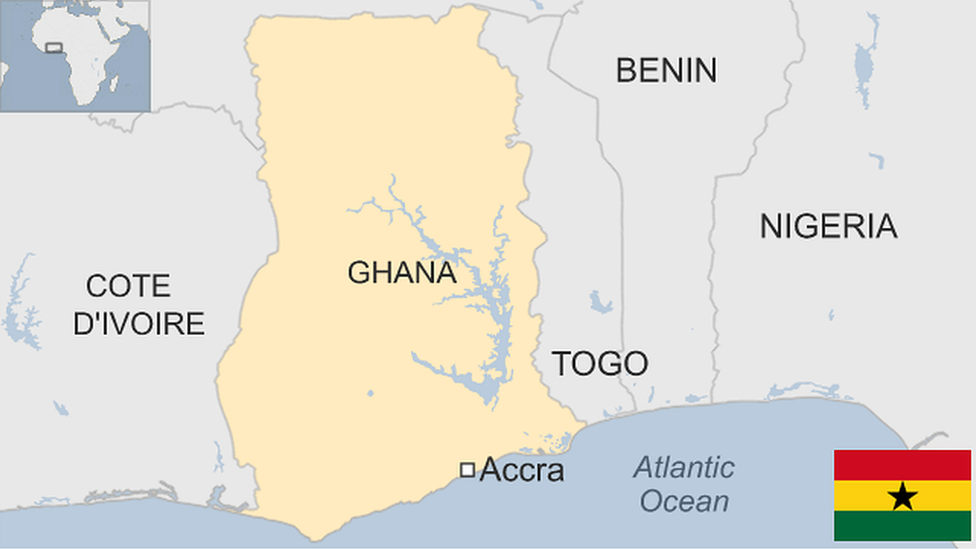Ivory Coast country profile
- Published
This page is no longer being updated. It was last updated on 24 July 2023
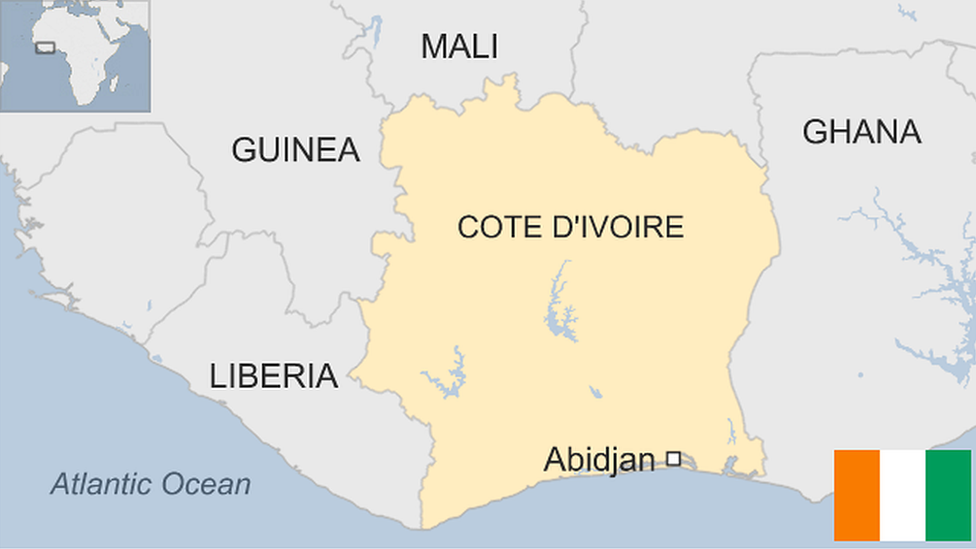
For more than three decades after its independence from France, Cote D'Ivoire or Ivory Coast was known for its religious and ethnic harmony, as well as its well-developed economy.
The Western African country was hailed as a model of stability. But an armed rebellion in 2002 split the nation in two. Peace deals alternated with renewed violence as the country slowly edged its way towards a political resolution of the conflict.
Despite the instability, Ivory Coast is the world's largest exporter of cocoa beans, and its citizens enjoy a relatively high level of income compared to other countries in the region.
Read more country profiles, external - Profiles by BBC Monitoring, external
REPUBLIC OF COTE D'IVOIRE: FACTS
Capital: Yamoussoukro (political) Abidjan (economic)
Area: 322,463 sq km
Population: 29.3 million
Languages: French, plus Bété, Jula, Baule, Abron, Anyin, Cebaara Senufo and others
Life expectancy: 62 years (men) 65 years (women)
LEADERS
President : Alassane Ouattara
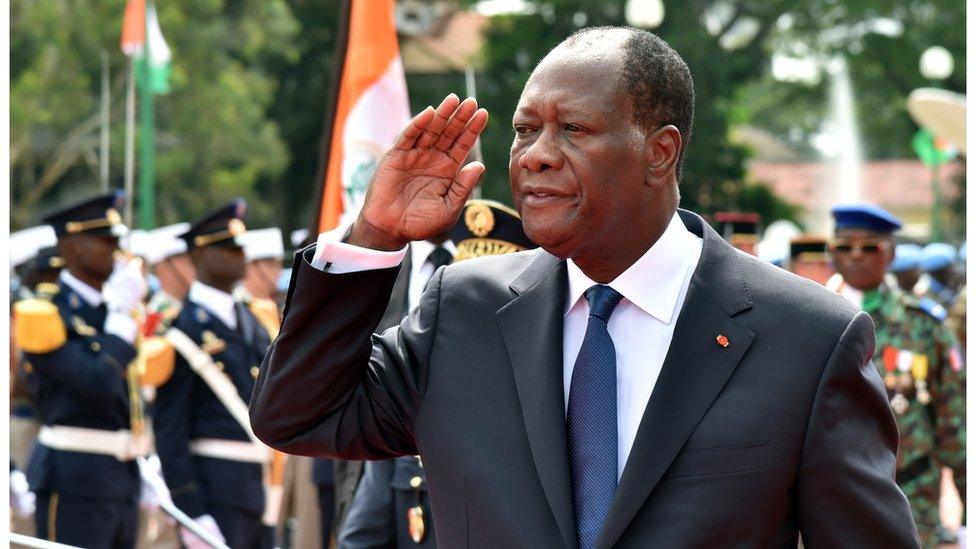
Alassane Ouattara has been in power since his predecessor, Laurent Gbagbo, was forcibly removed from office after refusing to accept Mr Ouattara's internationally recognised victory in the November 2010 presidential election.
In 2015, Mr Ouattara won a second five-year term with nearly 84% of the vote, in an election described as credible by US observers.
His re-election in 2020 was more controversial, with the opposition boycotting the poll in protest at what they called an unconstitutional third term.
A US-educated economist from the Muslim north, Mr Ouattara served as President Felix Houphouet-Boigny's last prime minister after a long career at the International Monetary Fund.
MEDIA
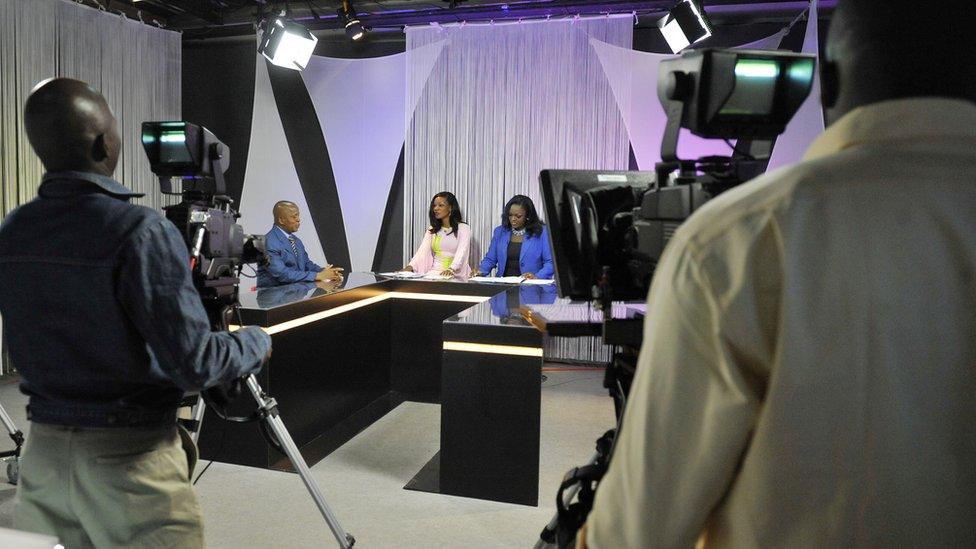
Ivory Coast public television studio
The government operates the outlets with the widest reach, including TV and radio networks and the main daily newspaper.
The first privately-owned terrestrial TV stations were licensed in 2018.
Press freedom "depends closely on the political context", says Reporters Without Borders.
Read full media profile
TIMELINE
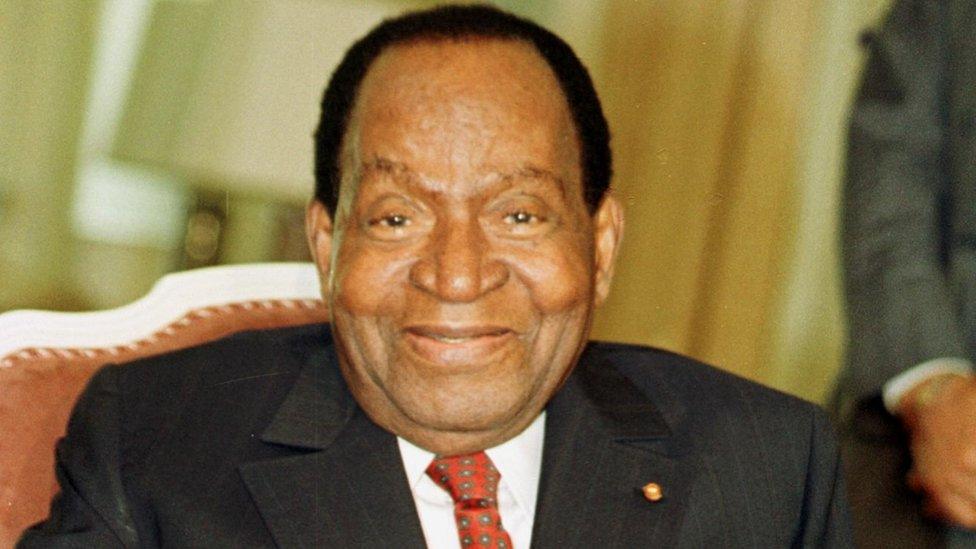
Ivory Coast was relatively stable and prospered economically under Felix Houphouet-Boigny's three decades at the helm
Some key dates in the history of Ivory Coast:
A number of important states flourished in Ivory Coast during the pre-European early modern period.
17th Century - Abron kingdom of Gyaaman established by an Akan group fleeing the developing Ashanti confederation of in present-day Ghana. The kingdom's Quranic scholars attract students from all parts of West Africa.
Mid-17th Century - Other Akan groups fleeing the Asante establish a Baoulé kingdom at Sakasso and two Agni kingdoms, Indénié and Sanwi
18th Century - Muslim Kong Empire established by the Dyula in the north-central region inhabited by the Sénoufo, who had fled Islamization under the Mali Empire.
1843-44 - France imposes protectorate over coastal zone and begins a gradual colonisation of Ivory Coast.
1871 - After defeat in the Franco-Prussian War, France abandon some of its colonial ambitions and withdraw military garrisons from its West African trading posts.
1886 - To support its claims of effective occupation, France again assumes direct control of its West African coastal trading posts and embarked on an accelerated programme of exploring the interior.
1878-1898 - Wassoulou Empire or Mandinka Empire spanning southwestern Mali, upper Guinea, northern Ghana and Ivory Coast at its peak. Its ruler Samori Ture leads resistance to French colonial rule. French military campaigns in the 1890s against Ture are met with significant resistance. He is captured in 1898 and his empire dissolved.
1893 - Ivory Coast becomes a French colony.
1904-1958 - Ivory Coast is part of the Federation of French West Africa.
1944 - Felix Houphouet-Boigny, later to become Ivory Coast's first president, founds a union of African farmers, which develops into the inter-territorial African Democratic Rally and its Ivorian section, the Ivory Coast Democratic Party.
1958 - Ivory Coast becomes a republic within the French Community.
1960 - France grants independence under President Felix Houphouet-Boigny. He holds power until he dies in 1993.
1999 - President Henri Konan Bedie, in power since 1993, is overthrown in a military coup.
2000 - Laurent Gbagbo becomes president after a controversial election.
2002-2007 - First Ivorian Civil War: effectively splits country into Muslim rebel-held north and government-controlled Christian south after renegade soldiers try to oust Mr Gbagbo. Up to 1,700 people are killed and 750,000 people displaced.
2007 - Gbagbo and rebel chief Guillaume Soro of the New Forces sign an agreement to end the crisis.
2010 - Long-delayed presidential elections. Election commission declares Alassane Ouattara the winner of the run-off. Mr Gbagbo refuses to quit.
2010-2011 - Second Ivorian Civil War: post-election violence leaves 3,000 people dead and 500,000 displaced.
2016 - Al-Qaeda jihadists attack the beach resort of Grand Bassam, near Abidjan, killing 18 people.
2019 - The International Criminal Court acquits Ivory Coast ex-president Laurent Gbagbo of charges of crimes against humanity over violence following the 2010 election.
2022 - Ivory Coast announces plans to triple its forest cover by 2030. It has lost nearly all of its forests since 1970, primarily because of cocoa plantations. The project aims to cover 20% of Ivory Coast.
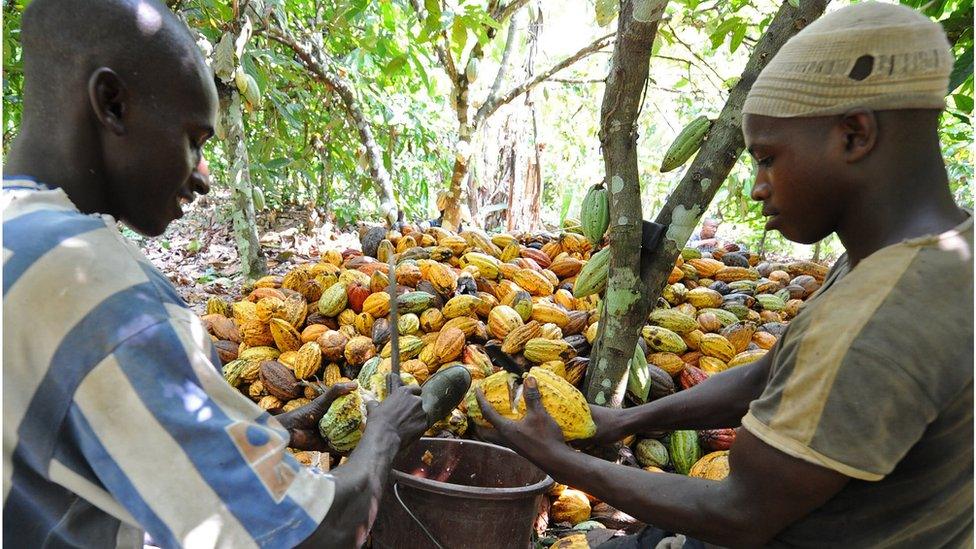
The country is the world's largest producer of cocoa beans, a key ingredient in chocolate
Related topics
- Published13 February 2024
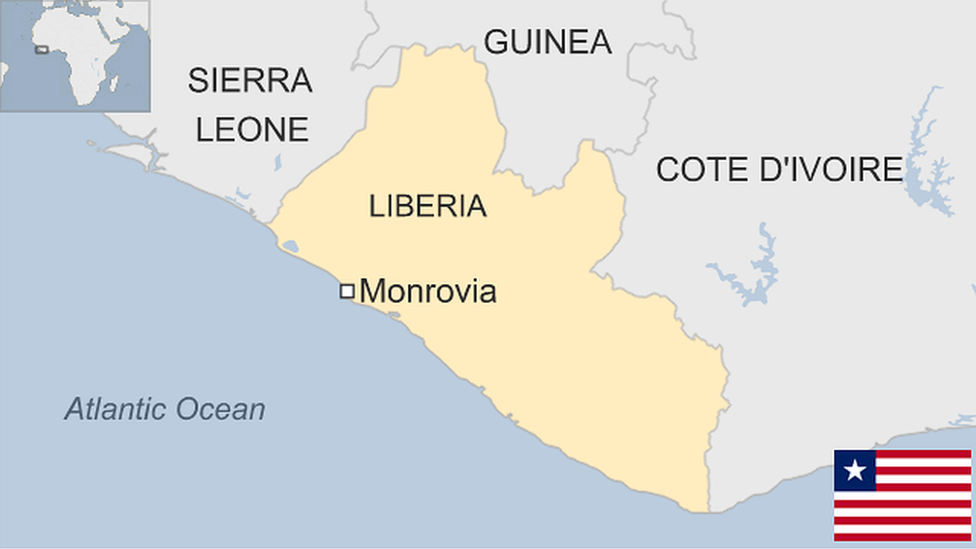
- Published14 April 2023
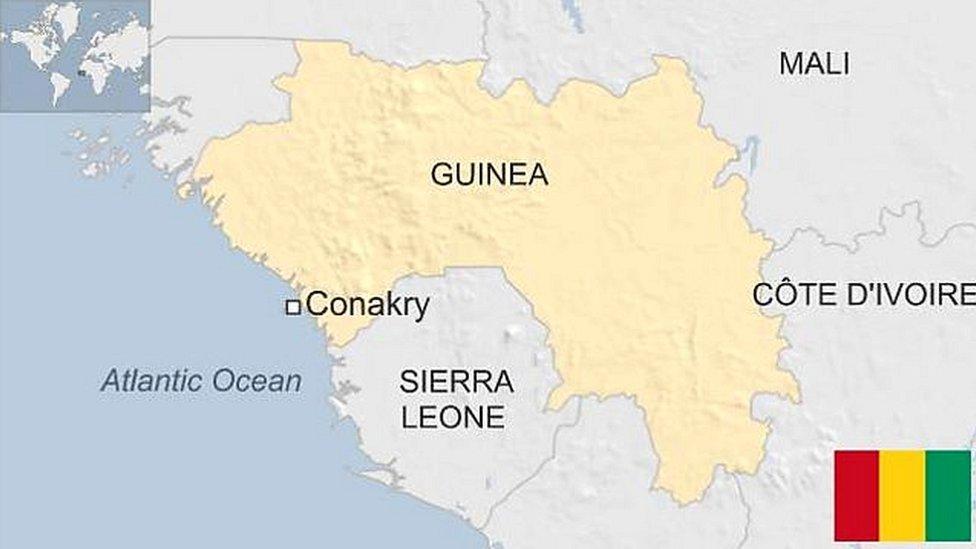
- Published28 July 2023
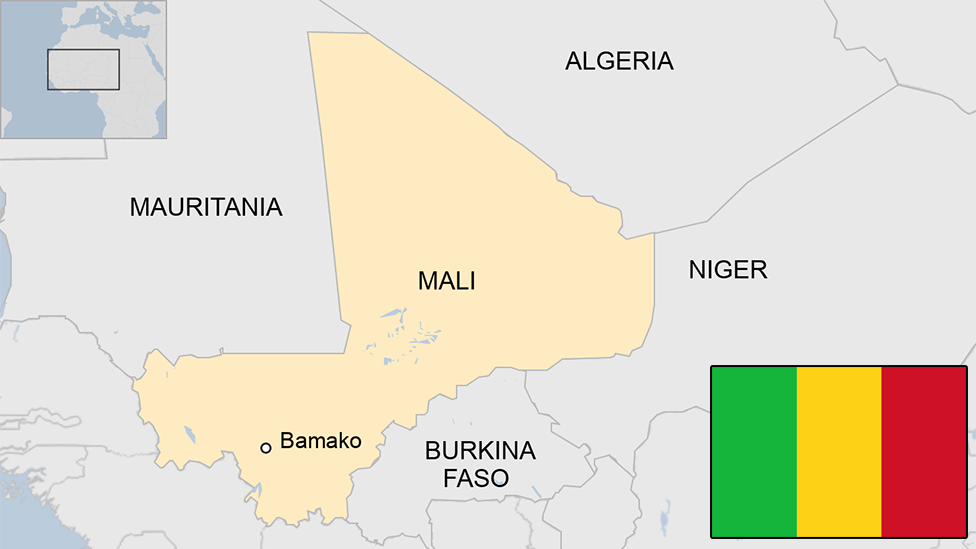
- Published26 February 2024
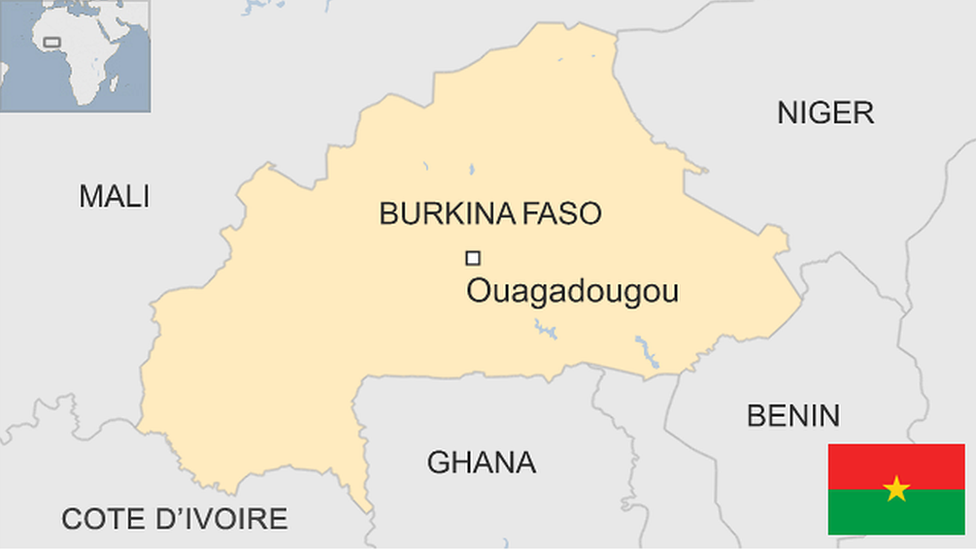
- Published7 January
